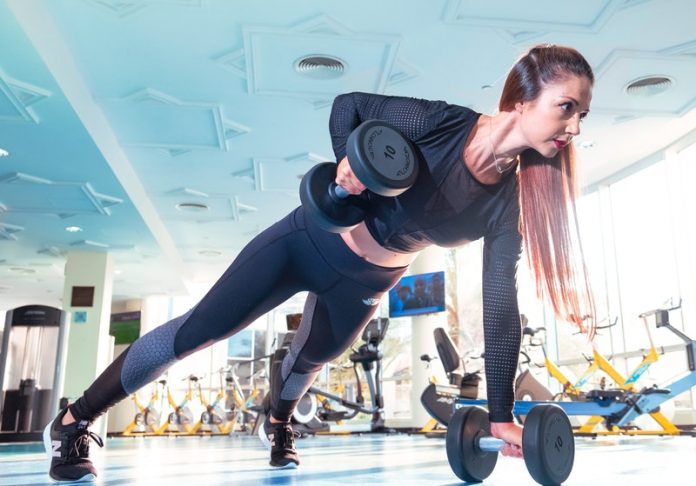
In a new study, researchers found that it’s not necessarily the type of exercise that has the biggest impact on women’s strength gains, but how often they do it.
The most effective way for women to gain strength is to simply workout regularly.
Surprisingly, specific details—such as the exercise they choose, the variety of exercises in each workout, the heaviness of the weights, whether they are supervised, and whether they lift until their bodies give out—don’t appear to have a major impact on overall strength or muscle mass growth.
The study is the first in the world to place a female-only lens on resistance training research. It consolidates the results of 24 different resistance training studies involving almost 1000 women.
The research was conducted by a team at the University of New South Wales and elsewhere.
In the study, the average resistance training program included three sets of 10 repetitions, three times per week for 15 weeks.
The women participating in the programs were aged 18-50 and had varying fitness levels.
Across all studies analyzed in the team’s systematic review with meta-analysis, the team found the biggest strength improvements could be attributed to the frequency of exercise (days per week), followed by the number of repetitions and sets completed.
The team found that the women developed an average of 1.5 kg of muscle mass and increased their muscular strength by 25% throughout the programs—confirming that resistance training offers strong benefits to women.
While strength increases were closely linked to frequency and volume of workout, the best muscle mass increases could not be directly linked to any individual training factor.
The team hopes these findings will help clinicians and trainers manage client expectations, particularly now that an increasing number of women are starting strength training.
Their advice for women eager to build their muscle mass is to simply create a habit.
The lead author of the study is Dr. Mandy Hagstrom.
The study is published in Sports Medicine.
Copyright © 2019 Knowridge Science Report. All rights reserved.



